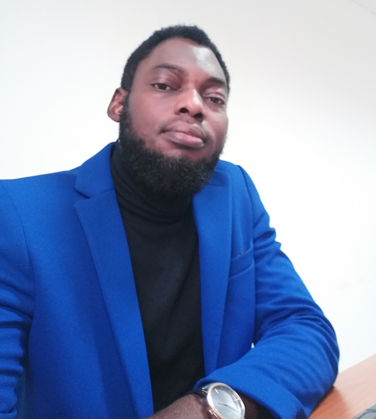
Course definition
The course introduces some fundamental
concepts in automata theory including regular expressions, finite automata,
(non-)regular languages, and Turing machines. Not only do they form basic
models of computation, but they are also the foundation of many branches of
computer science, e.g. compilers, software engineering, concurrent systems,
etc. The properties of these models will be studied and various rigorous
techniques for analyzing and comparing them will be discussed, by using both
formalism and examples.
Learning objectives
The three major foundations of computer
science; the mathematical description of computational networks, the
limitations of the mechanical computation, and the formal specification of
languages are highly interrelated disciplines and will be covered.
What will I learn from this course?
At the end of this session, participants
will be able to:
Understand the standard mathematical
models of computation devices (Automaton and Turing Machine), as well as
investigate the cognitive and generative capabilities of such machines.
Certificate
A certificate of participation is given
upon completion of this course.
PAYMENT BY BANK TRANSFER
Account Number: 5010 - 600010955 – NEAR EAST UNIVERSITY LTD.
After the payment, send your receipt
to info.estudybox@neu.edu.tr with
your Name – Surname, and E-mail address.

Idoko John Bush was born in Nigeria in 1989. He attended Emmanuel Secondary School Ugbokolo after which he proceeded to the Benue State University Makurdi, Nigeria for his first degree in Computer Science completed in 2010. He worked at First Bank of Nigeria as an IT/Help Desk Support. He left FBN for his master’s program in Computer Engineering at Near East University, North Cyprus in the year 2015. He completed his PhD program in the same department in 2020. Now, he is an assistant professor in the same department.
His research interest is computation in the field of artificial intelligence, artificial neural networks, fuzzy system, computer vision, image processing, man-machine interaction and various machine learning techniques to solving medical and scientific related problems
Artificial İntelligence Automata and Turing Machines
No Review found